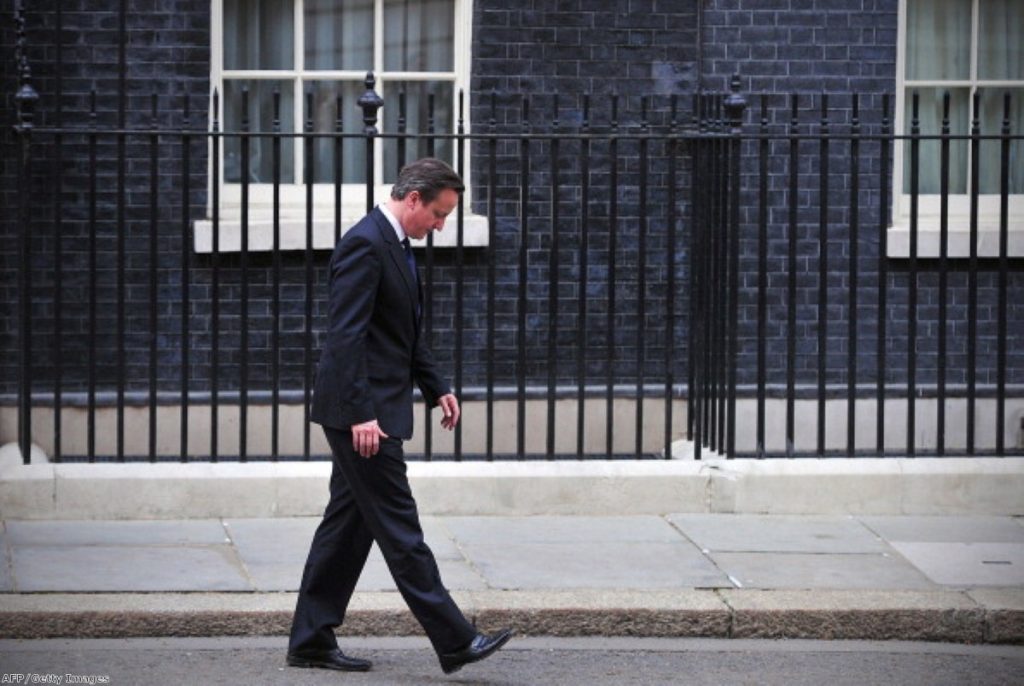David Cameron’s path to victory now looks blocked
What is the Conservative route to a majority in 2015? That's the question nobody seemed to be asking this morning, but it's a question that's increasingly difficult to find an answer to.
Once upon a time the path was clear. The perceived wisdom was that a modernised and reinvigorated Conservative party would lead the party to a decisive victory in 2010.
We were led to believe that under Cameron, a country disillusioned with Labour would turn with almost clockwork inevitability back to the Tories. It didn't happen. In 2010 the Conservative path to victory was blocked in London, held up in traffic in the North and turned back at the border in Scotland.
Never mind, said those around Cameron. After five years in government, a strong economic recovery would lead the party to back to the kind of majority that had eluded them for more than twenty years.


It isn't happening. Last night's local election results show the party has fallen back even further in London than before and have been pushed back into third and fourth place by Ukip in the North and elsewhere.
In London the party has lost control of at least four councils, including David Cameron's "favourite council" Hammersmith and Fulham. Hammersmith was the public model for a David Cameron government: the map to victory for the Tories both in London and across the country. Last night that map was ceremonially ripped up.
Their performance in the rest of the country has been little better. The party lost seats to Ukip in both the North and South, even losing control of four councils in South Essex.
Margaret Thatcher's Basildon man appears to have left the party and there's little sign of him coming back.
None of this would matter, if the Conservatives had a clear plan to turn things around in the next twelve months, but all the signs are that they don't. Asked how the party planned to deal with Ukip today, Michael Gove could only promise more of the same.
"There are lots of people who voted Ukip who share a conservative outlook of the world," he told the Today programme.
"There isn't a tougher politician for dealing with immigration than Theresa May. She delivers. Look at Iain Duncan Smith. Is anyone going to say they're tougher with the welfare state than Iain?
"Farage articulated the concerns of electorate. We have policies that express that concern. What we must ensure is that our policies deliver."
So there you have it. More cuts to welfare and more harsh rhetoric on immigration. More of the same strategy that has failed to win the party a majority in four elections in a row. More of the same strategy which looks set to fail to win them a majority again.
Most of the focus in the next few days and weeks will understandably be on Nigel Farage and Ed Miliband's respective performances.
Labour's accident prone campaign and their losses to Nigel Farage in their northern heartlands will absorb most of the coverage.
But if these local election results were disappointing for Ed Miliband, they should be downright depressing for David Cameron.
It is now almost nine years since David Cameron became leader of the Conservative party, and he is no closer to finding a route to victory than he was when he first started.
David Cameron's path to a majority is still covered in brambles and right now his machete looks all but blunt.

